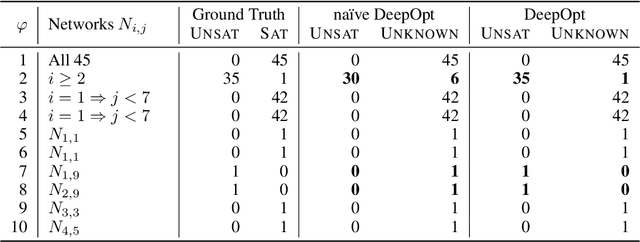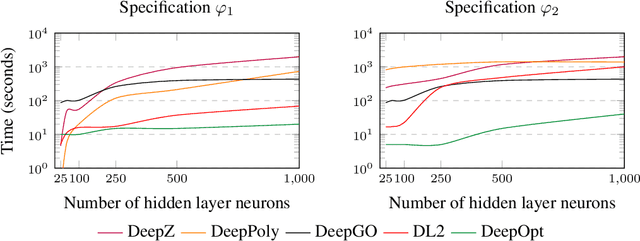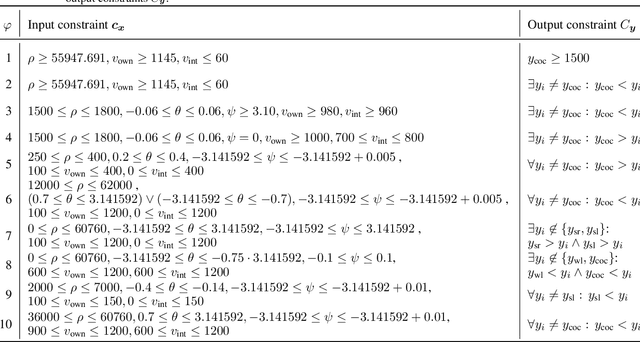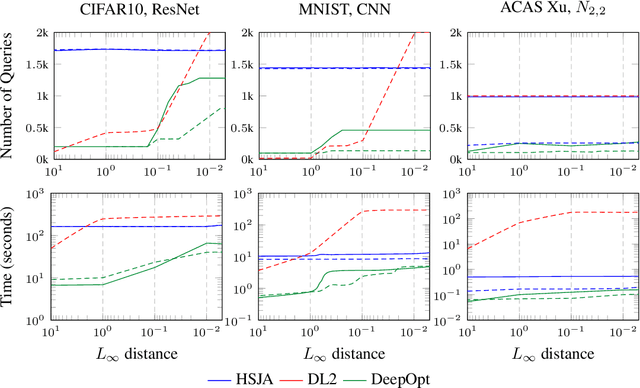Fabian Bauer-Marquart
Detecting Cross-Language Plagiarism using Open Knowledge Graphs
Nov 18, 2021



Abstract:Identifying cross-language plagiarism is challenging, especially for distant language pairs and sense-for-sense translations. We introduce the new multilingual retrieval model Cross-Language Ontology-Based Similarity Analysis (CL\nobreakdash-OSA) for this task. CL-OSA represents documents as entity vectors obtained from the open knowledge graph Wikidata. Opposed to other methods, CL\nobreakdash-OSA does not require computationally expensive machine translation, nor pre-training using comparable or parallel corpora. It reliably disambiguates homonyms and scales to allow its application to Web-scale document collections. We show that CL-OSA outperforms state-of-the-art methods for retrieving candidate documents from five large, topically diverse test corpora that include distant language pairs like Japanese-English. For identifying cross-language plagiarism at the character level, CL-OSA primarily improves the detection of sense-for-sense translations. For these challenging cases, CL-OSA's performance in terms of the well-established PlagDet score exceeds that of the best competitor by more than factor two. The code and data of our study are openly available.
DeepOpt: Scalable Specification-based Falsification of Neural Networks using Black-Box Optimization
Jun 03, 2021



Abstract:Decisions made by deep neural networks (DNNs) have a tremendous impact on the dependability of the systems that they are embedded into, which is of particular concern in the realm of safety-critical systems. In this paper we consider specification-based falsification of DNNs with the aim to support debugging and repair. We propose DeepOpt, a falsification technique based on black-box optimization, which generates counterexamples from a DNN in a refinement loop. DeepOpt can analyze input-output specifications, which makes it more general than falsification approaches that only support robustness specifications. The key idea is to algebraically combine the DNN with the input and output constraints derived from the specification. We have implemented DeepOpt and evaluated it on DNNs of varying sizes and architectures. Experimental comparisons demonstrate DeepOpt's precision and scalability; in particular, DeepOpt requires very few queries to the DNN.
 Add to Chrome
Add to Chrome Add to Firefox
Add to Firefox Add to Edge
Add to Edge